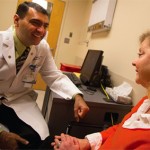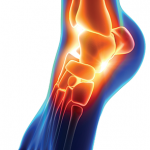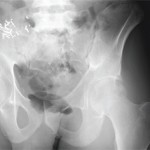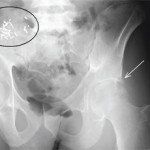As the rheumatology fellowship program director at the University of Mississippi Medical Center in Jackson, Miss., Vikas Majithia, MD, MPH, trains the next generation of rheumatologists. With the help of funding from the Rheumatology Research Foundation, he has not only expanded the training spots for rheumatology fellows at his institution, he also provides patients with…






